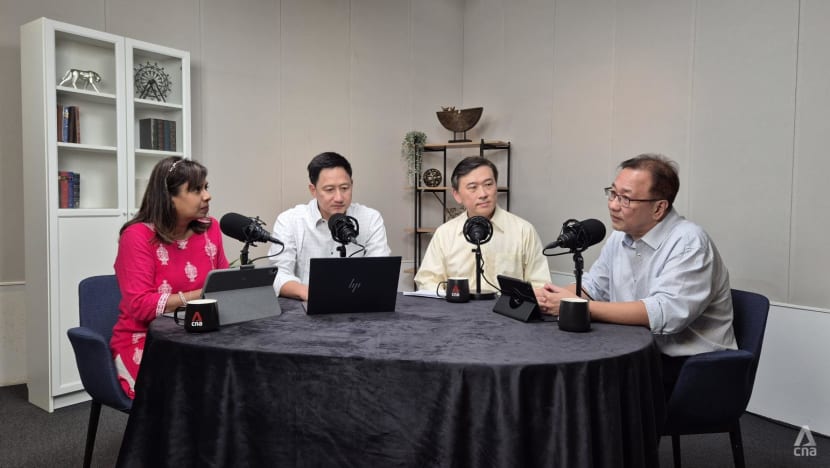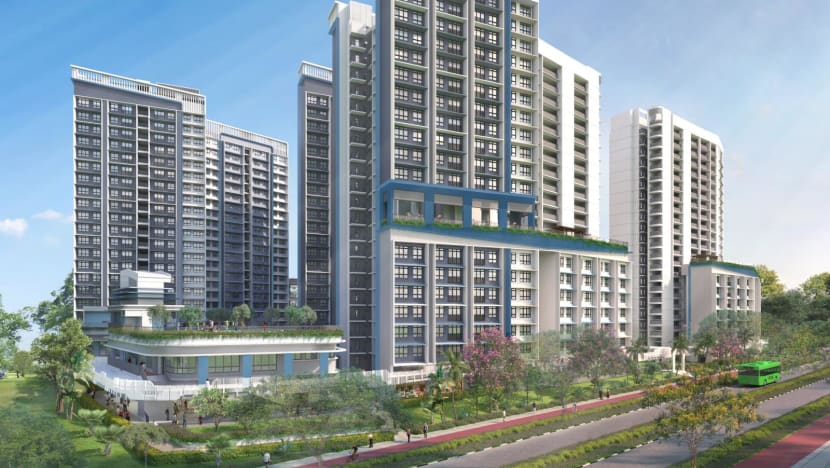Deep Dive Podcast: Prime and Plus BTO flats - Why restrictions didn't dampen demand
A 10-year minimum occupation period and subsidy clawbacks did not deter people from applying for the first batch of flats under the new classification model.
.jpg?itok=HLI2xFsk)
CNA's weekly news podcast takes a deep dive into issues that people talk about at dining tables and along the office corridors. Hosted by Steven Chia and Crispina Robert.
More than 35,600 applications were received in the October Build-to-Order (BTO) flat sales exercise, the highest number since August 2022. A 10-year minimum occupation period, clawback rules and rental restrictions did not deter strong demand for Plus and Prime HDB flats.
Steven Chia and Crispina Robert discuss with Nicholas Mak, chief research officer at MOGUL.sg and Professor Sing Tien Foo from the NUS Business School about their outlook for demand and supply.

Here's an excerpt of the conversation:
Crispina Robert, host:
Let's talk a bit about the restrictions. 10-year minimum occupation period, income ceiling of S$14,000 for couples and S$7,000 for singles, and you cannot rent out the whole place. If I were a young person, why would I buy a flat like that?
Steven Chia, host:
But why not? If I'm looking for a home as a single, I'm earning S$6,000 a month, this is what I can afford, it's in a decent location, and I get government subsidies, it sounds like a pretty good deal?
Prof Sing Tien Foo:
If you look back to the Plus and Prime homes, they are located in a very central area, near the city centre, near MRT stations. If the government doesn't actually provide enough subsidies, a lot of these houses will not be affordable to the masses.
(From a market pricing perspective), the resale market in this area probably reaches near a million dollars (for a similar flat).
So if you don't give additional subsidies, it is difficult for the medium and low income families to even consider buying here.
Steven:
So if you leave it to pure market forces - demand and supply - prices would be out of reach for certain groups?
Tien Foo:
Yes, you would squeeze out some segments even though they prefer to stay in this location.
Steven:
So even with the clawback, even though there are certain restrictions, it seems like a pretty good deal for someone in that situation.
Tien Foo:
That's right. For this location, (with the subsidies), they can still afford it.
Nicholas Mak:
It's a good entry-level public housing (unit), and I think that is something that's unique to Singapore. I think very few countries, their governments are able to provide very affordable public housing, especially for young families, as the first step on the property ladder.
And Singapore is able to do it because one of the reasons is that the government is the biggest owner of land.
















